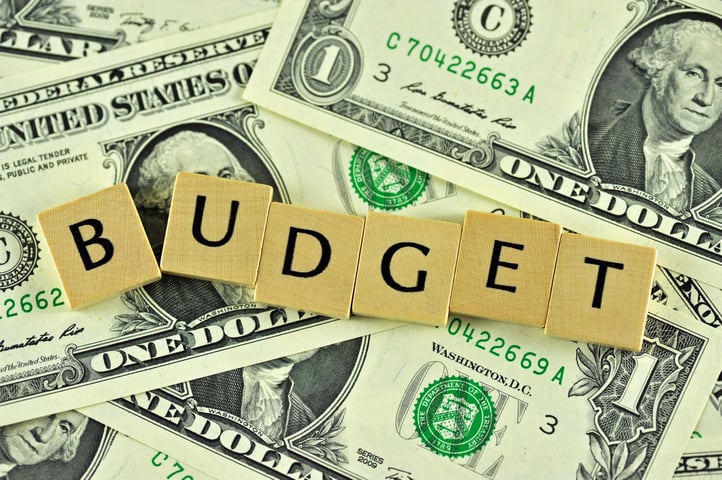
The society that we live in today almost always revolves around credit of some kind. We purchase items on a credit card when we go to the store, and having decent credit is usually required to make larger purchases where borrowing is necessary.
Because credit is such a huge part of the commerce arena, there are few people that do not care about their credit score. For this reason, many people are consciously making decisions so their credit is positively affected. There are many actions, unfortunately, that can hurt your credit, even if you don't see it immediately. Here are five mistakes to avoid, otherwise you will need credit repair services.
In the world we live in today, having good credit is incredibly important. Rarely will you be able to buy a house, a car, or even a big screen television if you have poor credit. Don't make the mistake of buying things you can't afford, maxing out a card, co-signing, making a late payment, or closing an account. If you need help download our free credit repair checklist, then give us a call today.
Because credit is such a huge part of the commerce arena, there are few people that do not care about their credit score. For this reason, many people are consciously making decisions so their credit is positively affected. There are many actions, unfortunately, that can hurt your credit, even if you don't see it immediately. Here are five mistakes to avoid, otherwise you will need credit repair services.
Buying things you can't afford
When you buy something that you can't afford, it's probably going on a credit card. According to a recent NerdWallet survey, roughly two out of five people, or 41%, in the United States who have ever had credit card debt report that spending more than they could afford on items they did not need contributed to them going into credit card debt. This debt will negatively affect your credit score.Maxing out a credit card
According to Veterinarian's Money Digest, you should keep 50% to 70% of your credit limit available. Maxing out your credit limit can hurt your score. Comparing debt level to your overall credit limit makes up about 30% of your overall credit score.Co-Signing on a loan
When you co-sign for someone, you are helping them out, but you may be hurting yourself. If they pay the loan on time, you will be fine. If they default, however, you will be responsible for any outstanding balances, causing a hit to your credit score. At that point, you will almost definitely need credit repair.Making a late payment
Most people know that paying a loan balance late can negatively affect their credit score. When you pay your bills on time, it shows lenders that you are responsible, and your score will go up. Timeliness takes up one-third of your overall credit score.Closing an account
You may think that closing a credit card you don't use anymore is a good thing, but that isn't necessarily true. Keeping an account open will show that you have 100% of the limit available on the card, and this can greatly improve your overall score.In the world we live in today, having good credit is incredibly important. Rarely will you be able to buy a house, a car, or even a big screen television if you have poor credit. Don't make the mistake of buying things you can't afford, maxing out a card, co-signing, making a late payment, or closing an account. If you need help download our free credit repair checklist, then give us a call today.






